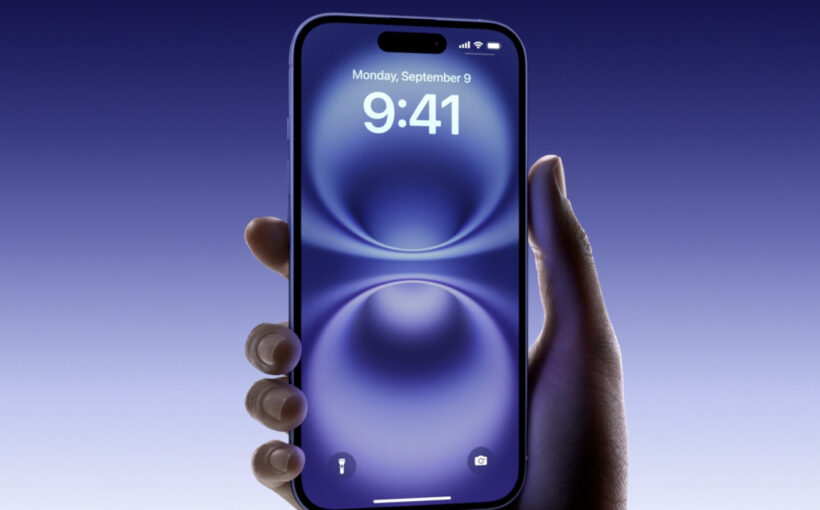
Apple has announced the iPhone 16, the latest edition of its mainline smartphone. The iPhone 16 comes in a variety of slightly refreshed colors that are more vivid compared to previous years. Also refreshed is the updated dual-camera arrangement on its rear, once again set up vertically, as last seen on the iPhone 12 from 2020.
The iPhone 16 has a variety of new hardware refinements and features, like a new A18 chip with 3nm process, increased battery life, water and dust resistance, an Action Button that debuted on last year’s Pro models, satellite messaging (starting in the US and Canada), Wi-Fi 7, improved thermal design for gaming with hardware-accelerated ray tracing, and a new physical Camera Control button below the power button. The new button sits flush with the case and allows swipe and tap gestures for camera app control, as well as physically pressing down slightly to take pictures.
:format(webp)/cdn.vox-cdn.com/uploads/chorus_asset/file/25612614/Apple_iPhone_16_lineup_240909_big.jpg.large.jpg)
The new A18 chip has six performance cores and four efficiency cores. It’s 30 percent faster than the iPhone 15’s CPU and can use 30 percent less power, and its GPU is 40 percent faster while using 35 percent less power, likely helping to afford Apple its claim that the iPhone 16 offers a big boost in battery life. The A18 also features improved gaming performance, allowing the iPhone 16 to be compatible with AAA games like Assassin’s Creed Mirage and Resident Evil 4 that have so far been exclusive to the iPhone 15 Pro.
The iPhone 16 will be Apple’s first mainstream phone to utilize Apple Intelligence in beta after an update coming in October. The company first previewed the AI software at WWDC, where it was initially gated to Pro-level iPhone 15 models only. While Apple spent time reviewing many of Apple Intelligence’s upcoming features already shown at WWDC (like custom emoji and the ability to summarize text or emails), it previewed a new Google Lens-like search feature called Visual Intelligence, allowing an iPhone 16 user to search for information based on what the camera sees.
Speaking of cameras, the iPhone 16’s dual setup of a 48-megapixel main camera and new autofocusing ultra-wide camera offers the “equivalent” of four lenses by way of a 2x crop mode and macro mode (more trickle-down features from recent Pro iPhone models).
:format(webp)/cdn.vox-cdn.com/uploads/chorus_asset/file/25612619/Apple_iPhone_16_finish_lineup_240909_big.jpg.large.jpg)
Once again, the standard iPhone will come with a 6.1-inch screen while the larger iPhone 16 Plus gets a 6.7-inch display — the same sizes and 60Hz refresh rate as the iPhone 15 generation. But the screens for the iPhone 16 pair can reach 2,000 nits of peak brightness and go as dim as 1 nit.
The 16 follows the same general design as the 15, with a squared-off frame, rear glass allowing for MagSafe and Qi2 wireless charging, Apple’s Dynamic Island top cutout for housing its front-facing camera and Face ID sensors, and a USB-C charging / data port at its base. While the move back to vertically aligned rear lenses may seem like a strange retread to a design element Apple moved on from, the backtrack makes sense since it allows the iPhone 16 to support spatial photos and videos for the Apple Vision Pro.
The iPhone 16 starts at $799 with 128GB of storage, and the iPhone 16 Plus starts at $899 with the same built-in storage. Both phones are set to land on September 20th, with preorders opening on September 13th.



